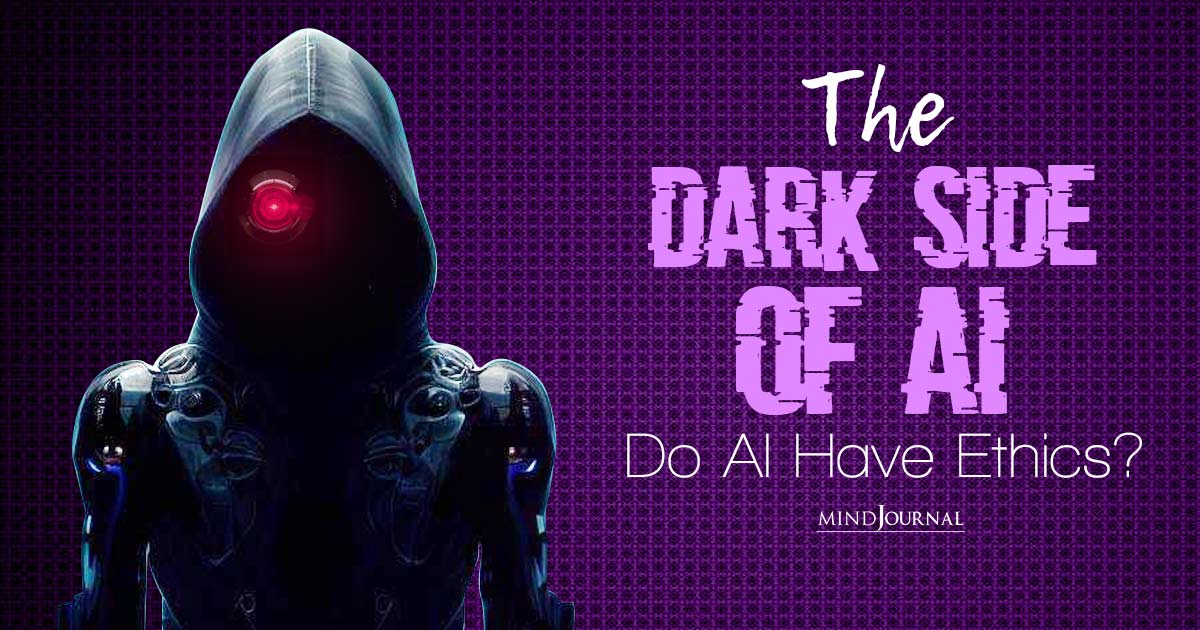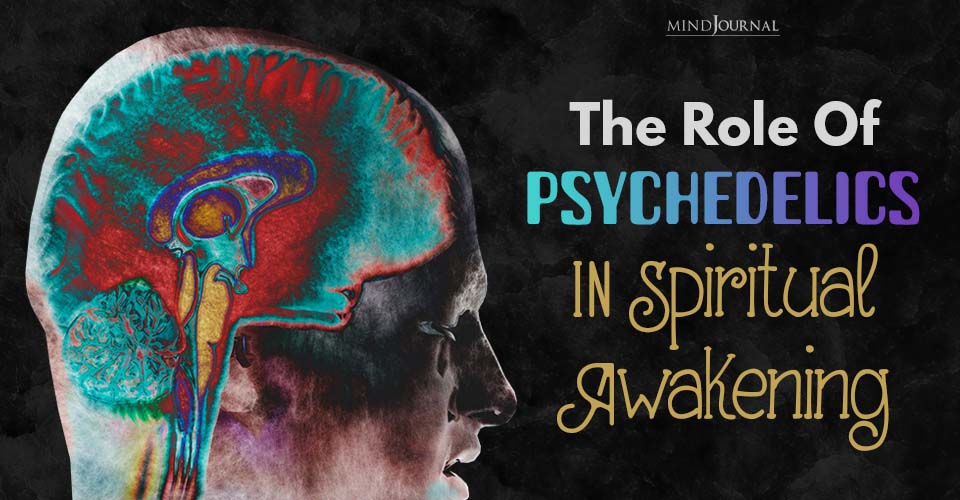Ever wondered if AI will takeover human civilization? As artificial intelligence and robotics continue to advance, there are growing ethical concerns that must be addressed. Let us explore the potential risks and ethical issues of artificial intelligence and robotics related to their development and use.
The rise of AI: Artificial intelligence and ethics
Artificial intelligence and robotics are advancing at an incredible rate. While these technologies have the potential to transform our lives for the better, they also raise serious ethical issues that need to be addressed.
Responsibility and accountability must accompany technological capabilities and advancement. As AI and robotics are becoming more powerful, we must ask what are the ethical issues of artificial intelligence and ensure they are designed and used responsibly.

What are the ethics of artificial intelligence and robotics?
Ethics in AI refer to the principles and values that guide the development and use of AI systems. These principles aim to ensure that AI is aligned with human values and rights and does not cause harm to individuals or society.
Ethical issues in artificial intelligence encompass issues such as the potential for bias, privacy infringement, safety, accountability, transparency, and the impact on employment. Ethical considerations are essential for ensuring that AI is developed and used in ways that serve humanity and do not harm it.
Addressing ethics of artificial intelligence and robotics issues is critical for building trust in AI and fostering its responsible and beneficial use.
Related: 15 Enlightening TED Talks on Emotional Intelligence
The ethical challenges of AI
So what are the ethical issues of artificial intelligence? From self-driving cars to smart assistants and algorithmic decision making, AI is infiltrating nearly every aspect of society.
While this can potentially make our lives more efficient and productive, if not developed with ethical considerations in mind, AI could have harmful biases and make decisions that negatively impact people.
Some key ethical issues of artificial intelligence and robotics include:
1. Bias and fairness issues
One of the most significant ethical issues of artificial intelligence and robotics is the potential for biased decision-making. Because AI systems are designed and trained by humans, they can inadvertently inherit human biases in areas like gender, race, age and disabilities. This can lead to discrimination and unfair outcomes.
These systems are only as unbiased as the data that they are trained on. If the data is biased, the system will be biased too. For example, facial recognition systems have been shown to be less accurate when identifying individuals from certain racial and ethnic groups. This bias can have serious consequences, including discrimination and unfair treatment.
This is one of the primary ethical issues in artificial intelligence. Ensuring AI systems are designed to be fair, unbiased and transparent is a major challenge.
2. Transparency & opaque ‘Black Box’ systems
AI and robotics systems can be incredibly complex, making it difficult for individuals to understand how they make decisions. This lack of transparency can undermine trust and make it challenging to hold these systems accountable.
Most advanced AI systems are opaque – we can’t easily understand why they make the decisions they do. This lack of transparency makes it hard to detect biases, errors or unethical decisions.
This raises ethical concerns related to the need for transparency in the design and use of AI and robotics systems. Techniques for “opening the black box” of AI need to be developed.
3. Job displacement and inequality
As AI and robotics become more advanced, there is a growing concern that they will replace human workers, leading to job loss and economic disruption. Workers may lose livelihoods or see wage stagnation. This could exacerbate inequality, especially for lower-skilled workers.
While some argue that AI and robotics will create new jobs, it is clear that the transition will be challenging for many workers. This raises ethical issues related to the impact of technology on employment and the need to ensure that workers are not left behind.
Governments and companies will need to implement policies that promote job creation, reskilling and a just transition for workers. This is a major concern when asking what are the ethical issues of artificial intelligence.
4. Lack of explainability
Some AI uses like autonomous vehicles and medical diagnosis tools require humans to trust and rely on AI outputs. But without transparency into how these systems make decisions, users may be hesitant to fully trust and deploy them. Explainable AI will be key to user acceptance.
5. Potential threats to privacy
With the massive amounts of data that AI and robotics generate and collect, there is a risk that personal information could be used in ways that individuals did not anticipate or consent to.
Many AI and robotics applications involve collecting and analyzing large amounts of personal user data. Smart home devices, for example, could be used to monitor individuals’ activities and behaviors, potentially infringing on their privacy.
This raises ethical concerns related to the collection, use, and sharing of personal data. Without proper safeguards, this data could be misused, leaked or exploited in ways that threaten user privacy. Strong laws,policies and best practices are needed to responsibly handle user data. This is one of the most concerning ethical issues in artificial intelligence.
6. Safety
AI and robotics also raise concerns related to safety. As these systems become more complex and autonomous, there is a risk that they could malfunction or cause harm.
Self-driving cars, for example, have been involved in accidents that have resulted in injury and death. Ensuring the safety of these systems is critical, but it can be challenging given their complex nature.
7. Accountability
Another ethical issue of artificial intelligence and robotics is accountability. As these systems become more autonomous, it can be difficult to assign responsibility when something goes wrong.
For example, if a self-driving car causes an accident, is the manufacturer, the programmer, the owner or the AI responsible? Establishing clear lines of accountability is essential to ensure that individuals and organizations can be held responsible for the actions of these systems.
Now that we know what are the ethical issues of artificial intelligence, let’s focus on what we can do to address these issues of artificial intelligence and ethics.
Related: Artificial Light and Circadian Rhythm – Are We Messing It Up?

Ethical guidelines and regulations
The ethics of artificial intelligence and robotics issues above illustrate that a pragmatic approach balancing opportunity and risk is needed to ensure the development and deployment of beneficial AI. Key components of this approach include:
1. Ethical guidelines
Industry bodies and standards organizations should develop ethical guidelines and best practices for AI design, development and use.
2. Responsible corporate policies
Companies should implement internal policies to integrate ethics into their AI products and strategies. This is how we can focus on artificial intelligence and ethics.
3. Multi-stakeholder governance
Diverse groups including technologists, ethicists, policymakers, civil society and the public should provide input and oversight of AI development.
4. Algorithmic impact assessments
Organizations should evaluate the potential benefits, risks and harms of high-impact AI systems before deployment.
5. Accountability mechanisms
There should be recourse if AI systems cause significant harms, including compensation and penalties.
6. Regulation
Governments may need to implement targeted regulation to ensure ethical AI and mitigate major risks. This should incentivize – not stifle – overall innovation.
Addressing ethical issues of AI and robotics
Given the significant ethical issues of artificial intelligence and robotics, what can be done to address them? Here are some approaches to address ethical issues in artificial intelligence –
1. Develop ethical frameworks
One approach is to counter ethics of artificial intelligence and robotics issues and develop ethical frameworks that guide the design and use of these systems. These frameworks should take into account the potential risks and benefits of AI and robotics and ensure that these systems are aligned with human values and rights.
Ethical frameworks can serve as a guide for developers and users of AI and robotics systems.
2. Invest in research and development
Another approach is to invest in research and development that addresses these ethical issues. For example, researchers could develop algorithms that are designed to be more transparent and less biased.
They could also explore ways to ensure that AI and robotics systems are safe and accountable.
3. Regulate AI and robotics
Regulation is another critical tool for addressing ethical issues of artificial intelligence and robotics. Governments can establish laws and regulations that ensure that these systems are developed and used in ways that are ethical and aligned with human values.
For example, regulations could require companies to conduct regular audits of their AI and robotics systems to ensure that they are not biased or infringing on privacy rights.
4. Promote education and awareness
Finally, education and awareness are essential for addressing ethical issues of artificial intelligence and robotics. Individuals need to be aware of the potential risks and benefits of these systems and understand how they are being used.
They also need to be equipped with the knowledge and skills to engage in discussions about the ethical implications of AI and robotics and advocate for ethical approaches.
Related: Intuition Is The Highest Form Of Intelligence: Research Reveals
Why are AI ethics important?
Do artificial intelligence and ethics go hand in hand? It should. AI ethics are vital because the development and use of AI can have significant impacts on individuals and society. Therefore, ethical principles and values ensure that AI is developed and used in ways that are aligned with human values and rights and serve the common good.
AI ethics are essential for building trust in AI and fostering its responsible and beneficial use. When individuals and society trust AI systems, they are more likely to adopt and use them.
On the other hand, if AI systems are perceived as biased, unsafe, or infringing on privacy, individuals and society may reject them. Moreover, AI ethics are necessary to ensure that AI serves humanity and does not harm it.
AI has the potential to revolutionize various domains, from healthcare to finance to transportation. However, AI systems must be developed and used in ways that prioritize human values and needs. Ethical considerations ensure that AI is aligned with human values and rights
Addressing ethical issues is critical for building trust in AI, minimizing potential harms, and maximizing its benefits. Ethical principles and values ensure that AI serves humanity and does not harm it.

The road ahead
While artificial intelligence has tremendous potential to positively transform our lives, realizing this potential depends on resolving the ethical issues of artificial intelligence and robotics.
Through a pragmatic approach of ethical principles, corporate policies, effective governance and targeted regulation, AI can be harnessed to serve humanity while minimizing potential harms.
The next phase of AI development requires looking beyond just what’s technically feasible to what’s ethically acceptable. With careful consideration and foresight, we can help ensure the AI revolution is a responsible one.
Related: Native American Code of Ethics: 20 Rules For Mankind To Live By










Leave a Reply